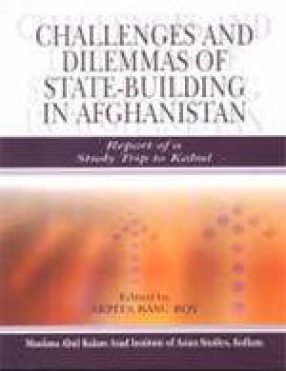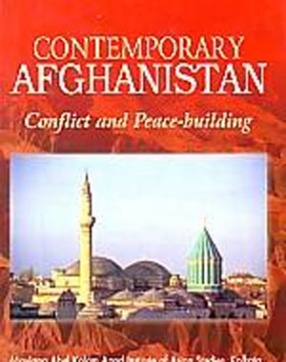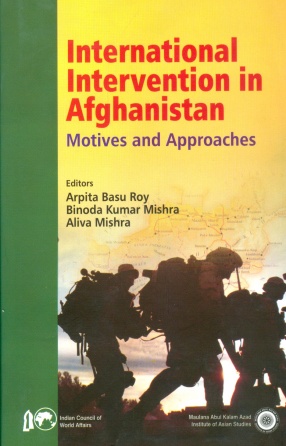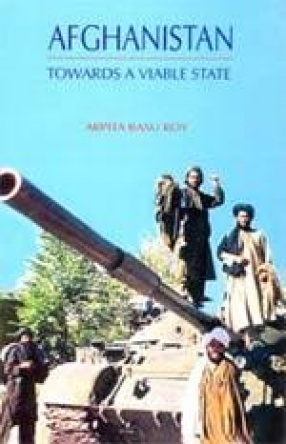Afghanistan: Towards a Viable State
Synopsis
The tragedy of the Afghan situation lies in the fact that both external as well as internal forces have hampered its progress towards a viable state. The peculiarities of the Afghan society and the natural dichotomy between the state and society have impeded the process of modernization and centralization. The three regimes of Amir. Abdur Rehman Khan (1880-1901), Amir Amanullah (1921-29) and the communists (1978-92) which tried to reform Afghanistan considerably failed or at best succeeded only partially. The Taliban regime (1996-2001) also lacked the vision to take Afghanistan on a path of progress towards reform and modernism. The twin challenges before Afghanistan today are reconstruction of its economy and democratization of its polity. Whether the local institutions of governance like the jirgah and the shura can be integrated into the national political institutions calls for a serious examination. Making a historical analysis of the internal weaknesses and external disturbances marking Afghanistan's unstable past, the study tries to prognosticate Afghanistan's prospects for a stable future.
Read more
22.50
20.25
$
25.00 $
Free delivery Wolrdwidе in 10-18 days
Ships in 1-2 days from New Delhi
Membership for 1 Year $35.00
Get it now and save 10%
Get it now and save 10%
BECOME A MEMBER
Books by the same author
-

Challenges and Dilemmas of State-Building in Afghanistan: Report of a Study Trip to Kabul
-

Contemporary Afghanistan: Conflict and Peace-Building
-

International Intervention in Afghanistan: Motives and Approaches
-

Human Security in Afghanistan: Reconstructing An Alternative Notion of Security for Afghanistan in the South Asian security Paradigm







Bibliographic information
Tags